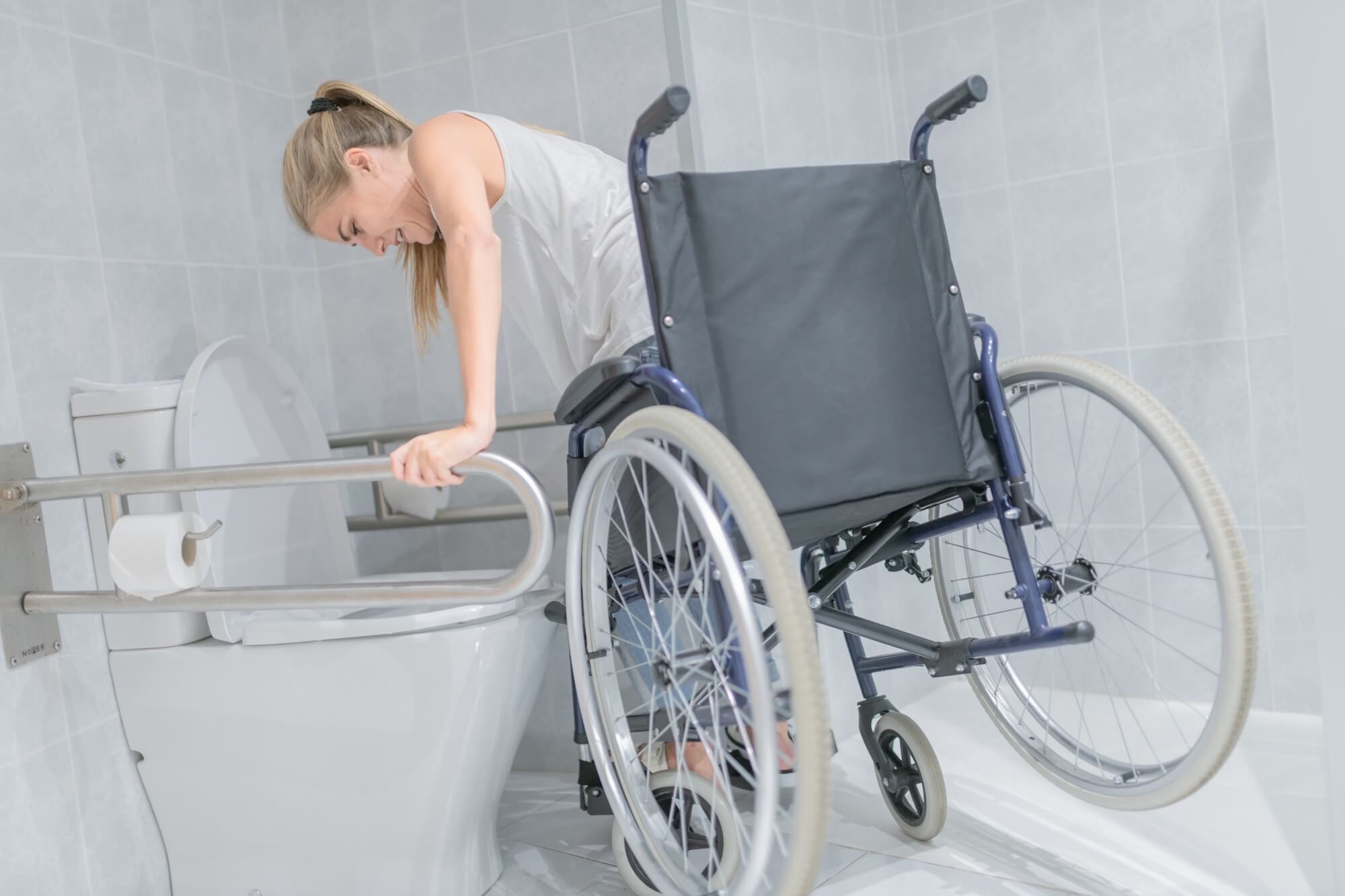Yeah, it’s a bathroom case. But digital accessibility stakeholders should pay close attention to this one
There were two notable defendant wins in digital accessibility lawsuits in 2019. Mendez v. Apple and Diaz v. Kroger were tossed in no small part because the plaintiffs failed to allege a sufficient “nexus” (which is just legalese for “connection”) between the plaintiff and the defendant’s allegedly inaccessible behavior.
- In the Apple case, Mendez didn’t identify specific inaccessible website elements, or the harm they caused
- There were no Kroger stores near Diaz and the plaintiff didn’t allege intent to visit one
In Mosley v. Kohl’s the wheelchair-using plaintiff was a serial out of state litigator who complained Kohl’s bathrooms in two stores in Michigan were not ADA compliant.
- The original district court ruling said Mosley lacked standing to file a suit
- The Sixth Circuit Court of Appeals reversed and remanded
But wait, the plaintiff doesn’t live here?
In addressing the fact that the plaintiff lived out-of-state, the Sixth Circuit stated:
It is enough to allege an intent to return to the area and an interest in visiting the accommodation in the future when it becomes ADA-compliant.
But wait, the plaintiff never came back?
The court also cited several other cases in stating that visiting ONCE was enough for standing.
But wait, the plaintiff is a serial filer?
TL; DR — Doesn’t matter
The court strongly dismissed defendant’s argument that plaintiff was a serial filer and that should obliterate his standing when they said “Congress did not intend for ADA tester plaintiffs to be deprived of standing in actions alleging the presence of architectural barriers” and that Mosley’s status as a serial filter “does not deprive him of standing.”
The court strongly dismissed defendant’s argument that plaintiff was a serial filer and that should obliterate his standing when they said “Congress did not intend for ADA tester plaintiffs to be deprived of standing in actions alleging the presence of architectural barriers” and that Mosley’s status as a serial filter “does not deprive him of standing.”
After making these statements the Sixth Circuit agreed with an Eleventh Circuit ruling in a different case by further stating “the injury exists… notwithstanding that he did so while testing for ADA compliance.”
Conclusion
Repeat after me:
THERE IS ONLY ONE Americans with Disabilities Act
There is not an ADA for physical access, and a second ADA for digital access.
The ADA requires equal access. Full stop. There are not “but waits” — it has to be equal. And if there is no digital accessibility case law on point regarding what level of evidence is required to allege a return visit (and so far I haven’t seen any) physical access case law can and should be used.
One of the repeated comments I got on LinkedIn when I wrote the article on CCPA and the Unruh Act was “how are you going to haul an out of state defendant into California court”. The legal theories presented in Mosley v Kohl’s is how, because the logic for how much contact is sufficient to support a lawsuit flows in BOTH directions. If it’s enough contact for the plaintiff to allege standing, it is probably enough contact for the defendant to need to defend the case using the law of where the plaintiff is allowed to file the case.

0 comments on “Out-of-state ADA lawsuit revived by Sixth Circuit Court of Appeals”